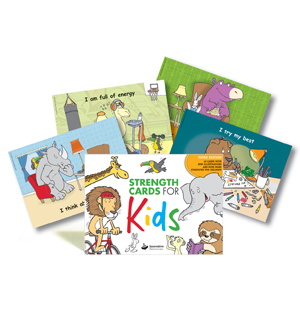**Please note**
This is the digital toolbox version of this card set.
The Toolbox includes:
- access to a digital set of the cards that you can download and use anywhere, anytime.
- a digital version of the booklet.
- ideas banks, blogs, card hack videos, interviews and other support material.
We are adding and updating the Toolbox content regularly so check in to see what’s new.
**Look for the link and QR code in your order confirmation email.
What is abusive behaviour in an intimate partner relationship?
What are the markers of a respectful relationship?
Respect or disrespect are revealed in how we talk to each other, how we touch each other, how we make decisions, how we share power. They are revealed in our attitudes to gender, sexuality, finances, friends, family, children, roles and culture.
Drawing on research and extensive practice in family violence, No Room for Family Violence is a set of 30 digital cards for having conversations with young people or adults about what abusive and respectful behaviour looks like in intimate partner relationships.
This card set explores 10 key aspects of a relationship in which abusive or respectful behaviour can be recognised by asking three simple, clarifying questions:What do I want MORE of? What CONCERNS me? What do I want NONE of?
Use these cards to create dynamic, open conversations about intimate partner relationships in schools, sporting clubs, family violence services, refuges and community services, counselling, health education and mental health settings, groups for men, women, couples and parents.
Be sure to watch our Creating Safe Spaces video.
Tell us your Story!
(please login!)
Stories and Reviews
Family violence is a serious yet often hidden crime. It is a fundamental violation of human rights and is unacceptable in any form, any community, or any culture. Led by the efforts of specialist services and people, primarily women, speaking out courageously about their experiences, family violence seems to be finally emerging from the shadows as the general public begin to have conversations more widely about it. People are beginning to be more aware of the drivers, patterns and devastating effects. We are learning about the underlying power dynamics and attitudes, particularly towards women, that give rise to it.
In its publication called Family Violence Risk Assessment and Risk Management Framework and Practice Guides(2012) the Victorian Government Department of Human Services defines family violence as ‘ … behaviour that controls or dominates a family member and causes them to fear for their own or another person’s safety or wellbeing. The publication goes on to say, ‘Family violence extends beyond physical and sexual violence and often involves emotional or psychological abuse and economic abuse.
There are four key drivers of violence against womenaccording to Our Watch1:
- Condoning of violence against women
- Men’s control of decision-making and limits to women’s independence
- Rigid gender roles and stereotyped constructions of masculinity and femininity
- Male peer relations that emphasise aggression and disrespect towards women.
With these drivers in mind, Our Watch says that actions to prevent violence against women include:
- Challenging the condoning of violence against women
- Promoting women’s independence and decision-making
- Challenging gender stereotypes and roles
- Strengthening positive, equal and respectful relationships.
The new card set published by St Luke’s Innovative Resources called No Room for Family Violence reflects these drivers of family violence. It sets out to create conversations where everyone, regardless of gender or sexual identity can recognise abusive and respectful behaviour in an intimate partner relationship, and get closer to articulating what they want more of, what they are concerned about and what they want none of. MORE, CONCERN and NONE—these are the three suits in this card set.
Use these 30 cards to create dynamic, open conversations about intimate partner relationships in schools, sporting clubs, family violence services, refuges and community services, counselling, health education and mental health settings, groups for men, women, couples and parents.







